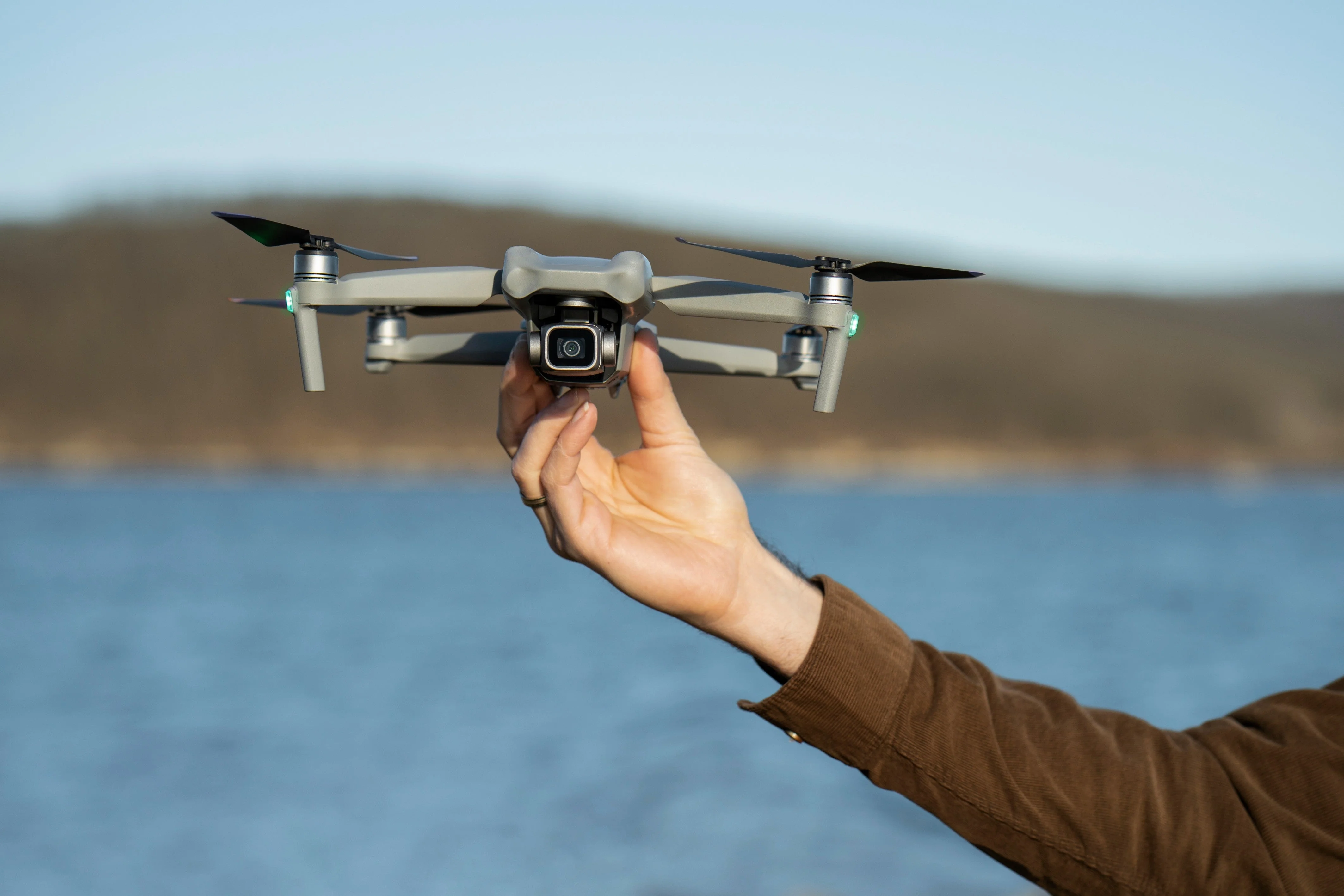The Ethics of Drone Surveillance: Balancing Privacy and Security
Drones have transformed surveillance, offering unparalleled advantages in security, monitoring, and data collection. Governments, law enforcement agencies, businesses, and even individuals utilize drones for various purposes, from crime prevention and border control to disaster response and environmental monitoring. However, as drones become increasingly sophisticated, ethical concerns arise—particularly regarding the balance between security and personal privacy. While drone surveillance enhances safety and efficiency, it also poses the risk of mass surveillance, unauthorized data collection, and potential abuse.
One of the most significant benefits of drone surveillance is its contribution to public safety. Law enforcement agencies use drones to monitor large-scale events, track criminal activities, and aid search-and-rescue operations. Drones provide real-time data, allowing authorities to respond quickly and effectively to emergencies. In disaster management, they play a crucial role in assessing damage, locating survivors, and directing emergency services. Additionally, industries leverage drone technology for infrastructure inspections, traffic monitoring, and environmental conservation, making surveillance more efficient and cost-effective.
Despite these advantages, the ethical concerns surrounding drone surveillance cannot be ignored. The most pressing issue is mass surveillance and its implications for civil liberties. Drones equipped with high-resolution cameras and facial recognition software can monitor individuals without their knowledge or consent. If used without proper oversight, drone surveillance could lead to a society where personal freedom is compromised, and individuals are constantly watched. Another major concern is the unauthorized collection of personal data. Surveillance drones can capture images, videos, and other sensitive information, raising questions about who controls this data and how it is used. Additionally, the potential for abuse is high, as drones could be misused to target specific communities, political groups, or individuals, leading to discrimination and violations of human rights.
To ensure that drone surveillance does not infringe on privacy rights, clear regulations and ethical guidelines must be established. Governments should implement strict policies defining how and when drones can be used for surveillance, ensuring transparency and accountability. Authorities must also inform the public about drone surveillance programs, allowing citizens to understand how their data is being collected and used. Additionally, technological safeguards such as geofencing, encryption, and anonymization should be employed to protect sensitive information from misuse. Independent oversight committees can also play a vital role in ensuring ethical drone use, addressing public concerns, and preventing overreach by authorities or private entities.
Ultimately, drone surveillance presents both opportunities and challenges. While it enhances security and operational efficiency, it must be used responsibly to avoid infringing on privacy rights. The key to balancing security and privacy lies in robust regulations, transparency, and technological safeguards. As drone technology continues to evolve, ethical considerations must remain a top priority to ensure that innovation serves the greater good without compromising fundamental human rights.
.png)






Leave a Comment
Your email address will not be published. Required fields are marked *